The Best Organic Coffee
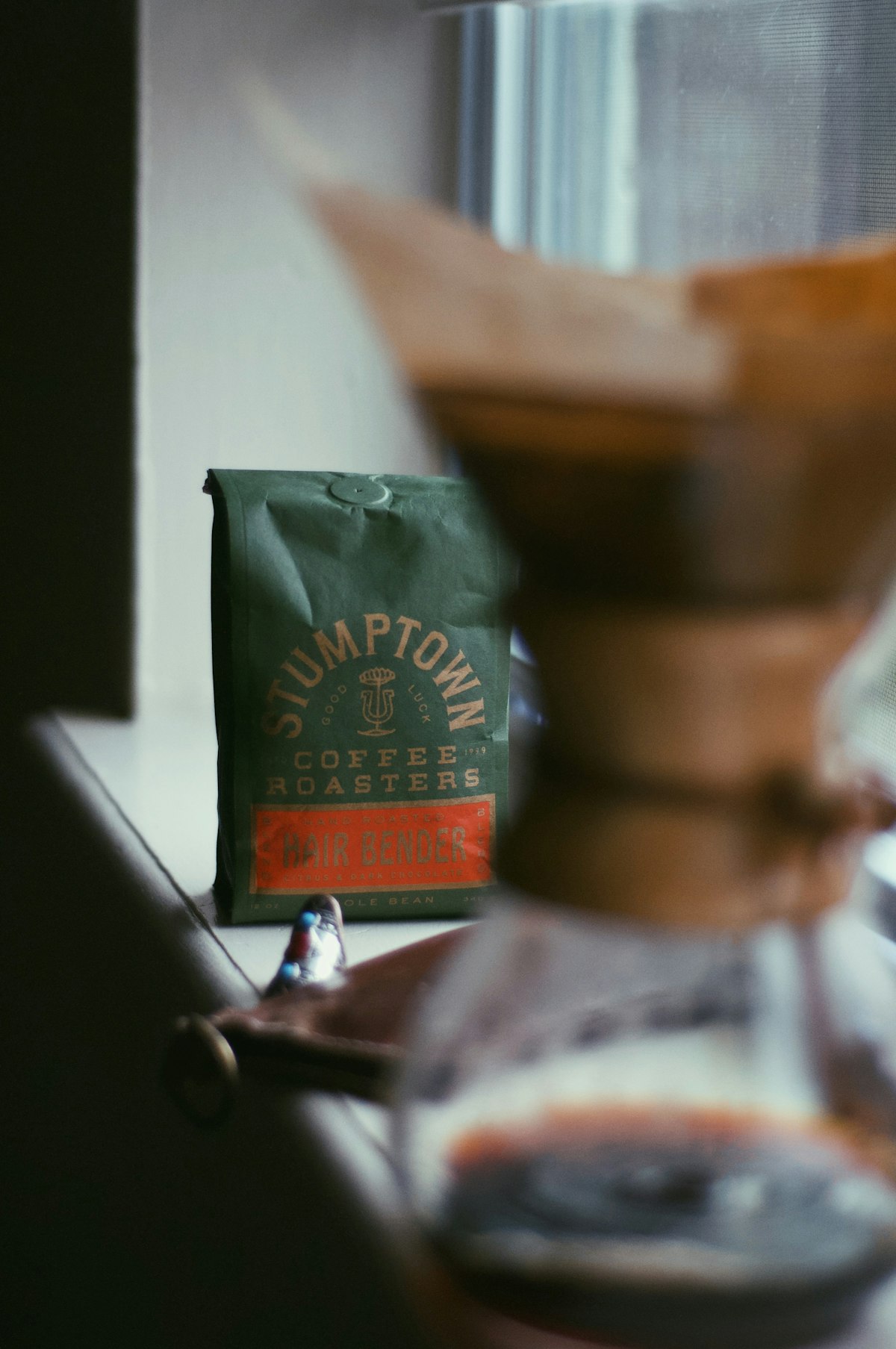
Organic Coffee
Organic coffee is becoming increasingly popular among coffee drinkers around the world. This type of coffee is grown without the use of chemicals, pesticides and other artificial ingredients, making it a healthier choice for those looking to savor their morning cup of joe. The Best Organic Coffee offers an array of options that are sure to please any discerning palate with its unique flavor profiles and robust aromas.
For those who take great care in choosing organic products for their daily consumption, The Best Organic Coffee provides coffees that are certified USDA organic and Fair Trade Certified. Not only do these coffees taste amazing but they also support sustainable farming practices which promote the health benefits associated with organic agriculture. Additionally, each bag of beans comes from small farms around the globe, giving customers a chance to sample new flavors while helping farmers receive fair wages for their labor.
Top Organic Brands
The first step in finding the best organic brands is researching available options and looking for certifications that guarantee their organic label. Brands like Equal Exchange, Stumptown, and Fabula Coffee are some of the most well-known in this space. The beans used by these companies are all certified organic, meaning they have been grown without any artificial chemicals, pesticides or insecticides. Additionally, many organic coffees are also fair trade certified which means they were produced under ethical practices and standards that support farmers' rights around the world.

Stumptown Coffee
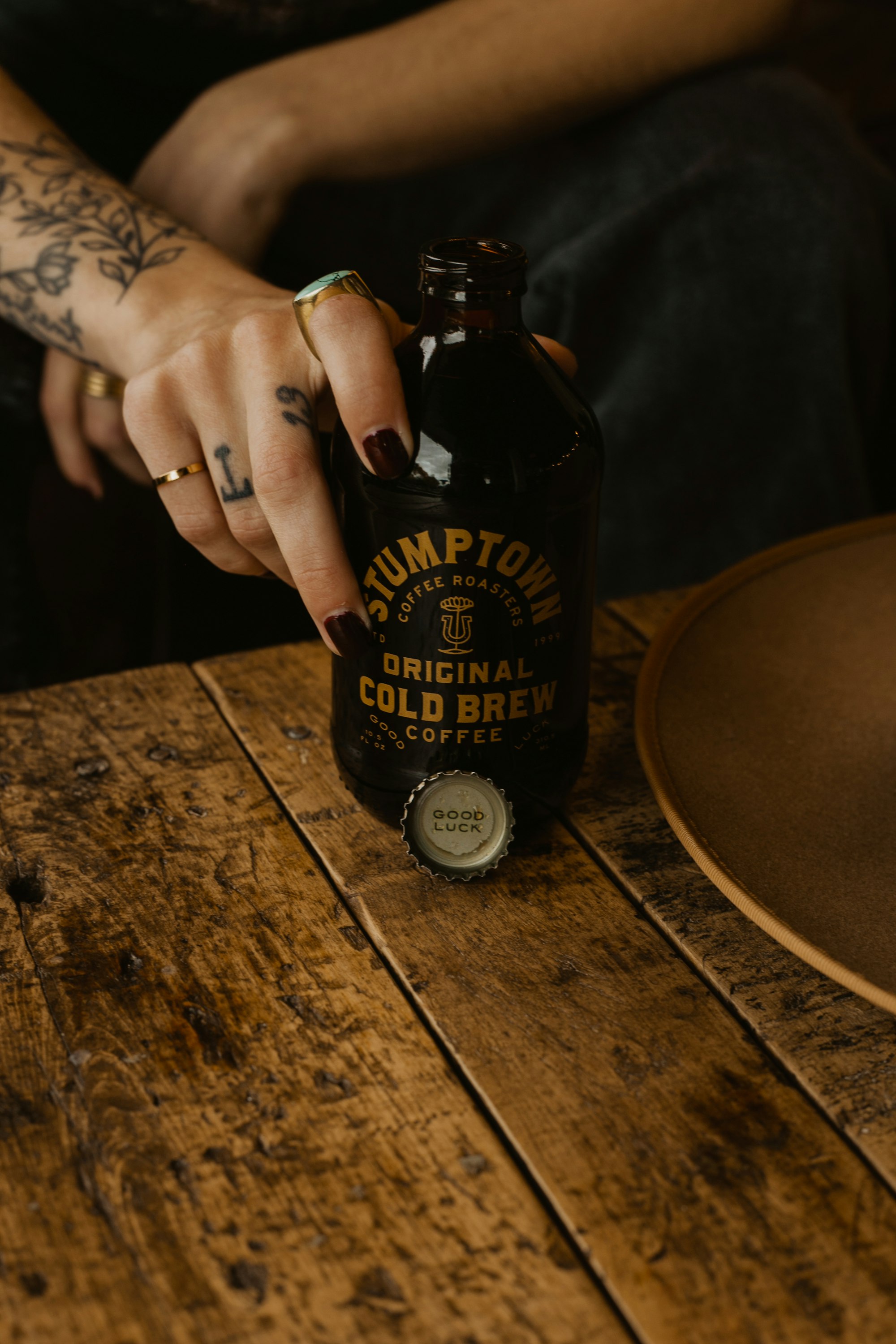
Stumptown Coffee is the leading organic coffee brand in the Pacific Northwest. Founded in Portland, Oregon in 1999, Stumptown has built a strong reputation for its high quality organic coffee beans and robust brewing process. By sourcing only top-grade organic Arabica beans from sustainable farms around the world, Stumptown Coffee aims to provide customers with a rich, flavorful cup of joe that is free from harmful chemicals and additives.
The company's commitment to sustainability extends beyond their coffee production process. They strive to reduce their carbon footprint by using advanced roasting technologies and biodegradable packaging materials whenever possible. Stumptown also partners with local charities to help fund social projects related to poverty, education and health care in developing countries throughout Latin America and Africa.
Mexican Chiapas Organic Coffee
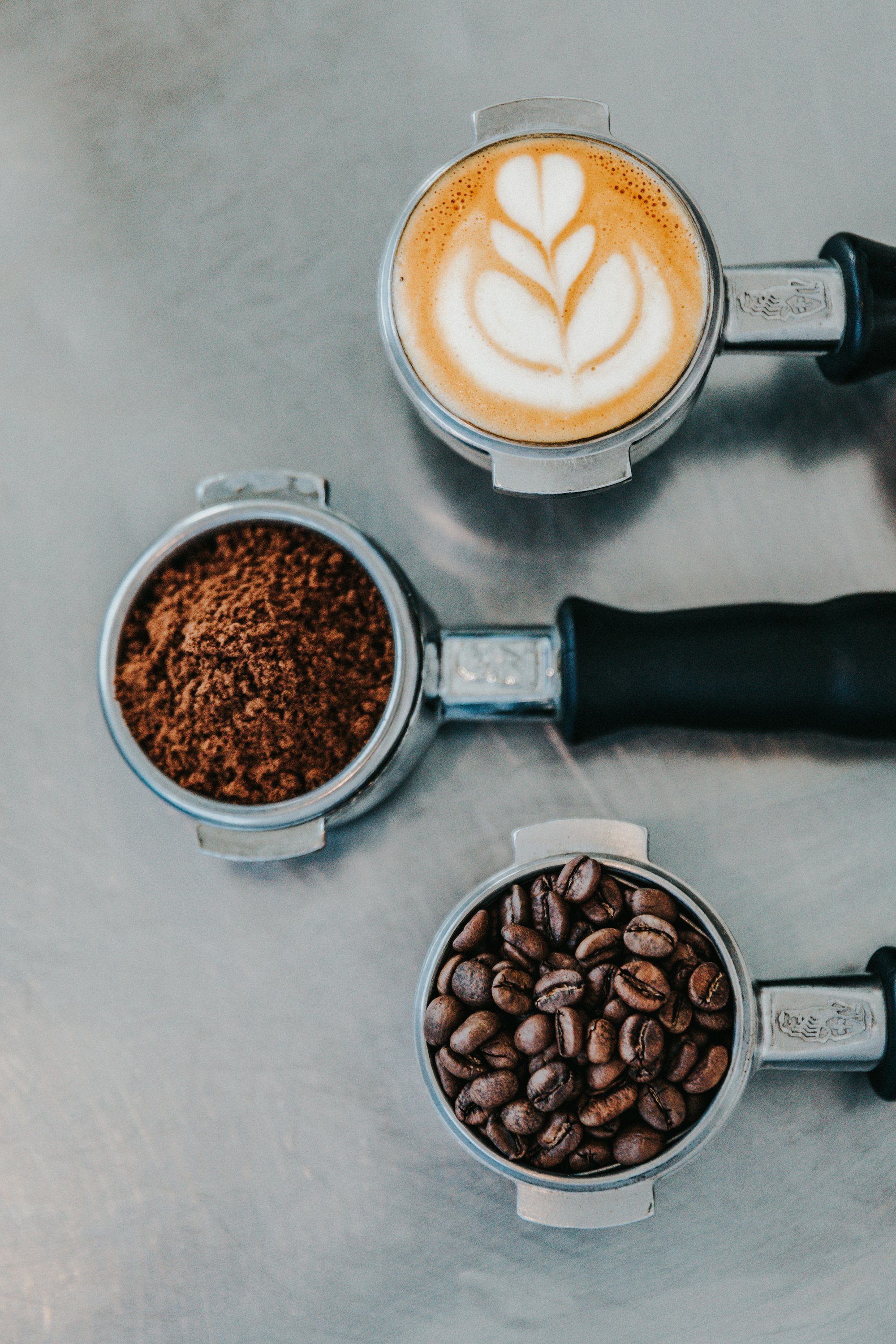
Mexican Chiapas organic coffee has long been renowned for its complex and intense flavor. Grown in the Southern region of Mexico, this type of coffee is a favorite among expert coffee connoisseurs around the world. Not only is it one of the best organic coffees available, but it also boasts an array of health benefits due to its antioxidants and other natural compounds.
The process used to produce Mexican Chiapas organic coffee is quite extensive and requires a lot of time and effort from skilled farmers. It starts with harvesting freshly-picked Arabica beans from carefully tended plants that are grown at high altitudes in shade-filled regions with rich soil conditions.
Fabula Organic Coffee
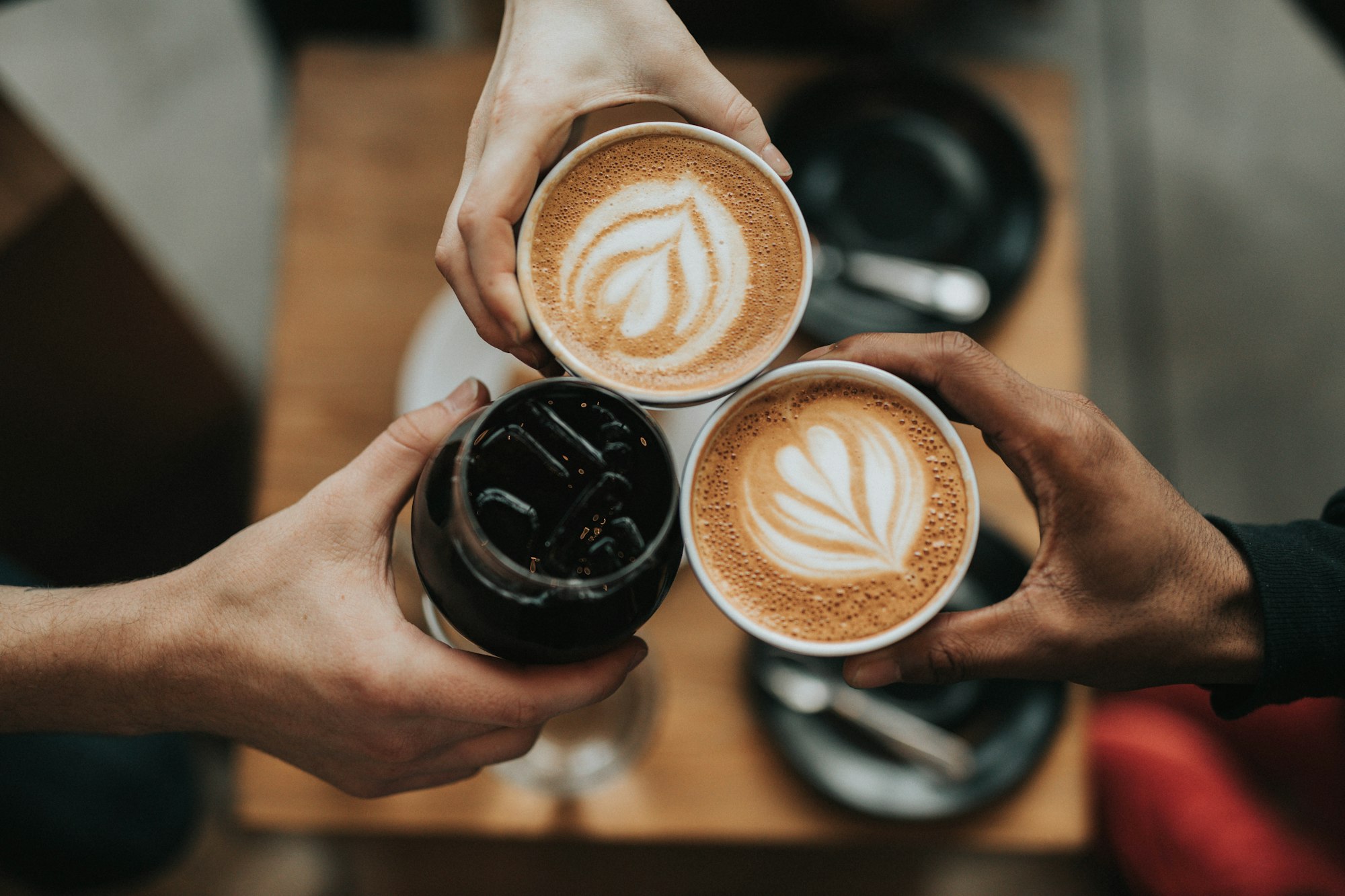
Fabula Organic Coffee is quickly becoming one of the most popular organic coffee brands on the market. It has earned a reputation for reliably providing a smooth, rich cup of coffee with consistent flavor. Sourcing their beans from small family farms in Latin America, Fabula is truly committed to providing only the finest organic ingredients for their products.
For those who are looking for an organic coffee that isn't too strong or acidic, Fabula's unique blend is perfect. The company uses only hand-selected Arabica beans and uses state-of-the-art roasting processes to ensure each bean reaches its full potential. This attention to detail helps give Fabula its signature unique flavor and aroma that rivals even some of the most expensive specialty coffees on the market today.
Kicking Horse Coffee
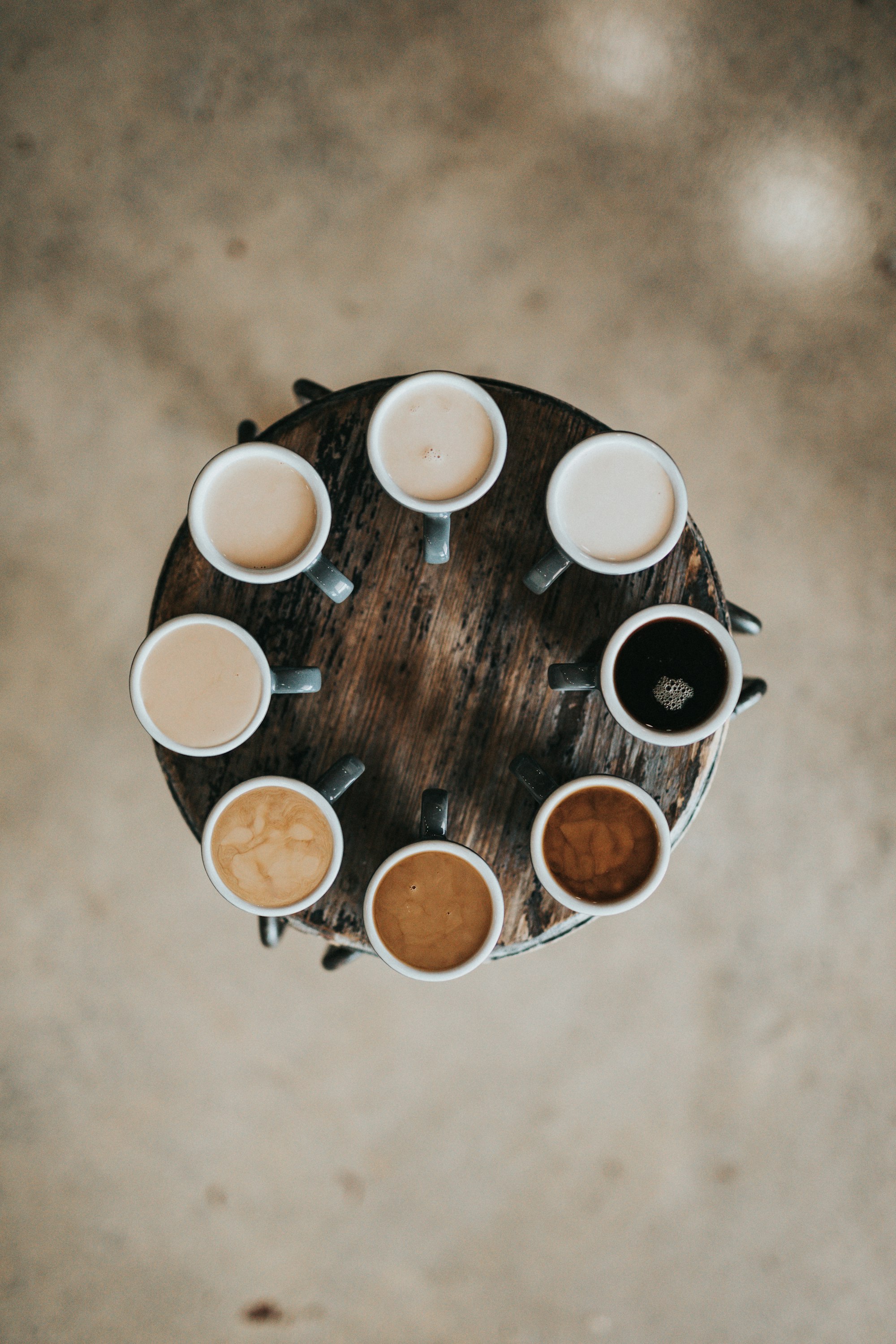
Kicking Horse coffee is produced in Canada and roasted with a unique blend of 100% Arabica beans. The result is an exceptionally flavorful cup that stands out from other organic coffee brands.
The Kicking Horse Coffee Company takes great pride in their commitment to providing high-quality, certified organic coffee for its customers. Each batch of coffee beans is sustainably sourced from farms around the world that use traditional methods of farming and processing, ensuring only the best quality product for consumers. Every bag of Kicking Horse Coffee comes with a guarantee of freshness and flavor, so customers can enjoy a delicious cup every time they brew it up.
Four Sigmatic Think Coffee
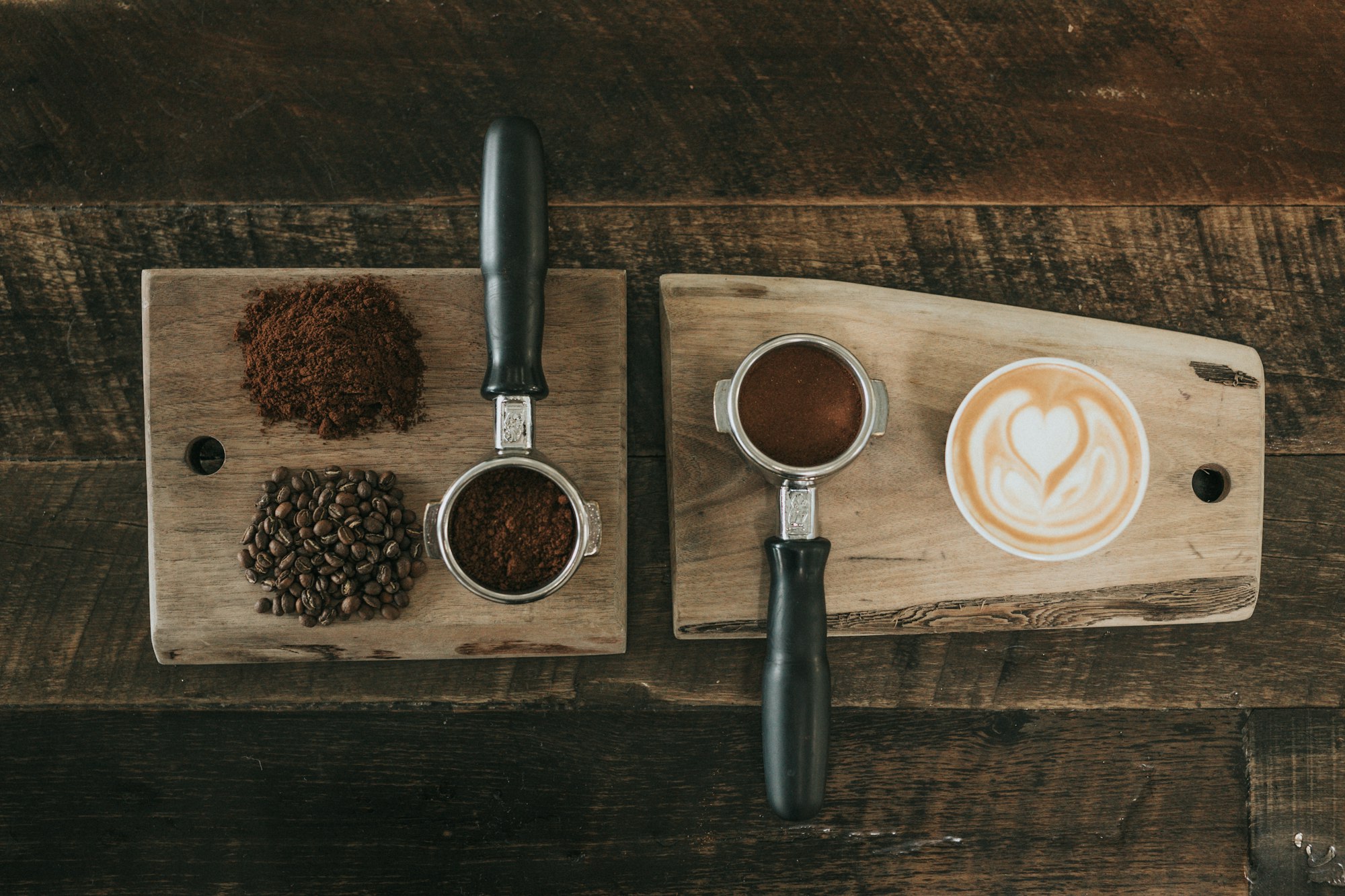
Coffee lovers rejoice! Four Sigmatic Think Coffee is one of the best organic coffees you can find. With its unique blend of mushrooms and caffeine, this drink provides an invigorating energy boost without the crash associated with most coffee drinks. Plus, the added health benefits make this pick one of the top choices for people looking for an all-natural way to get their daily dose of caffeine.
Four Sigmatic Think Coffee is made from only organic, ethically sourced ingredients like chaga mushroom, maca root and cordyceps mushrooms. This combination enhances your coffee with antioxidants that help reduce inflammation and improve overall health. Plus, since it’s free from any unnecessary additives like sugar or artificial colors, you can rest assured that you’re getting an all-natural option with every sip.
Blue Bottle Coffee
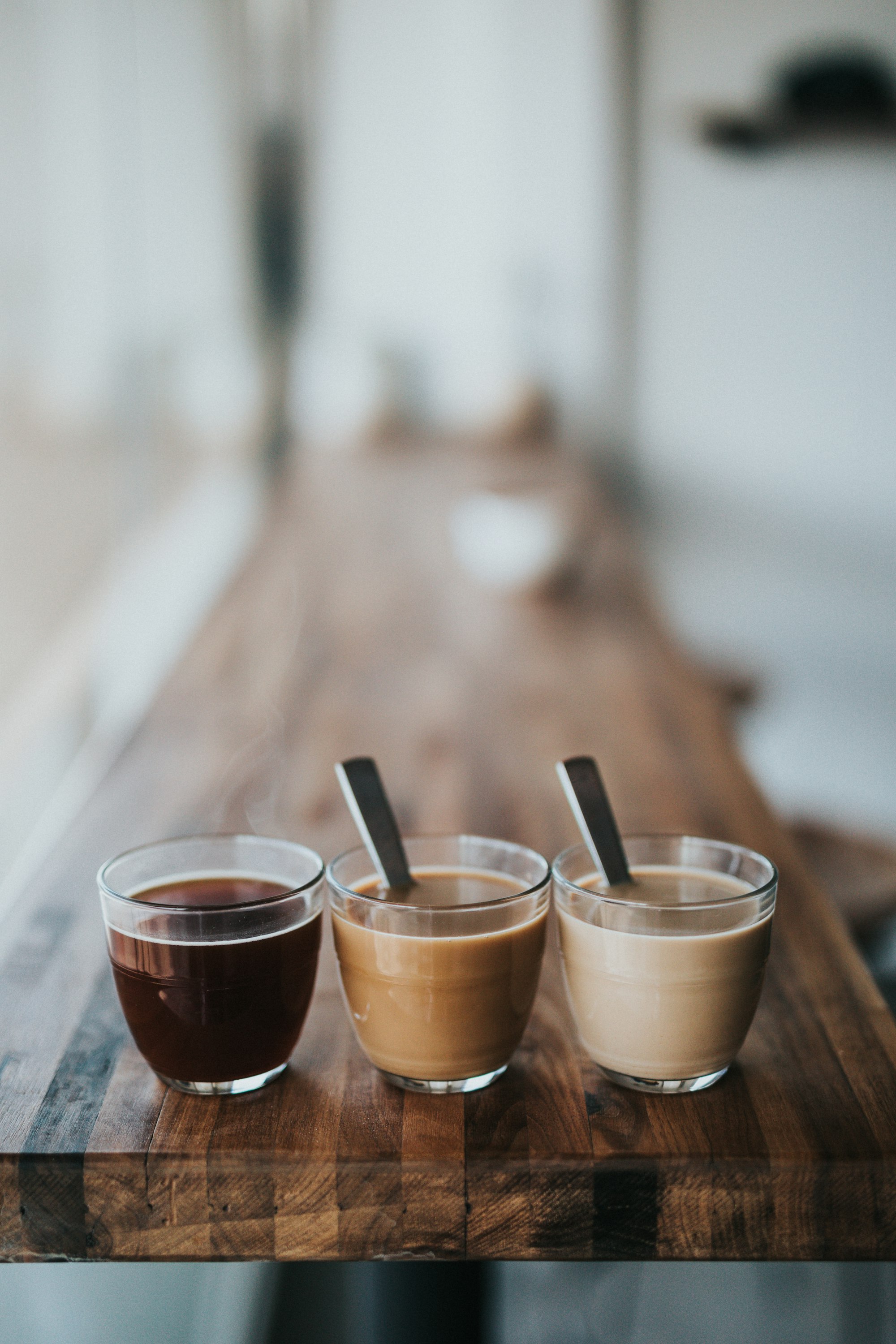
Blue Bottle Coffee is a small-batch, organic coffee roaster that has been around since 2002. It's become one of the most popular organic coffee brands on the market thanks to its simple yet elegant packaging and commitment to quality. The company works hard to ensure that its beans are grown in healthy ecosystems, which means they make sure their beans come from farms with sustainable agricultural practices. Plus, Blue Bottle Coffee carefully chooses and roasts each batch by hand for maximum flavor and freshness.
The company offers light, medium, dark, espresso, decaf and single origin coffees for customers to choose from. Each of its signature blends is created using only the finest ingredients so no matter what type you go for there’s sure to be something special about it.
Real Good Coffee Co.
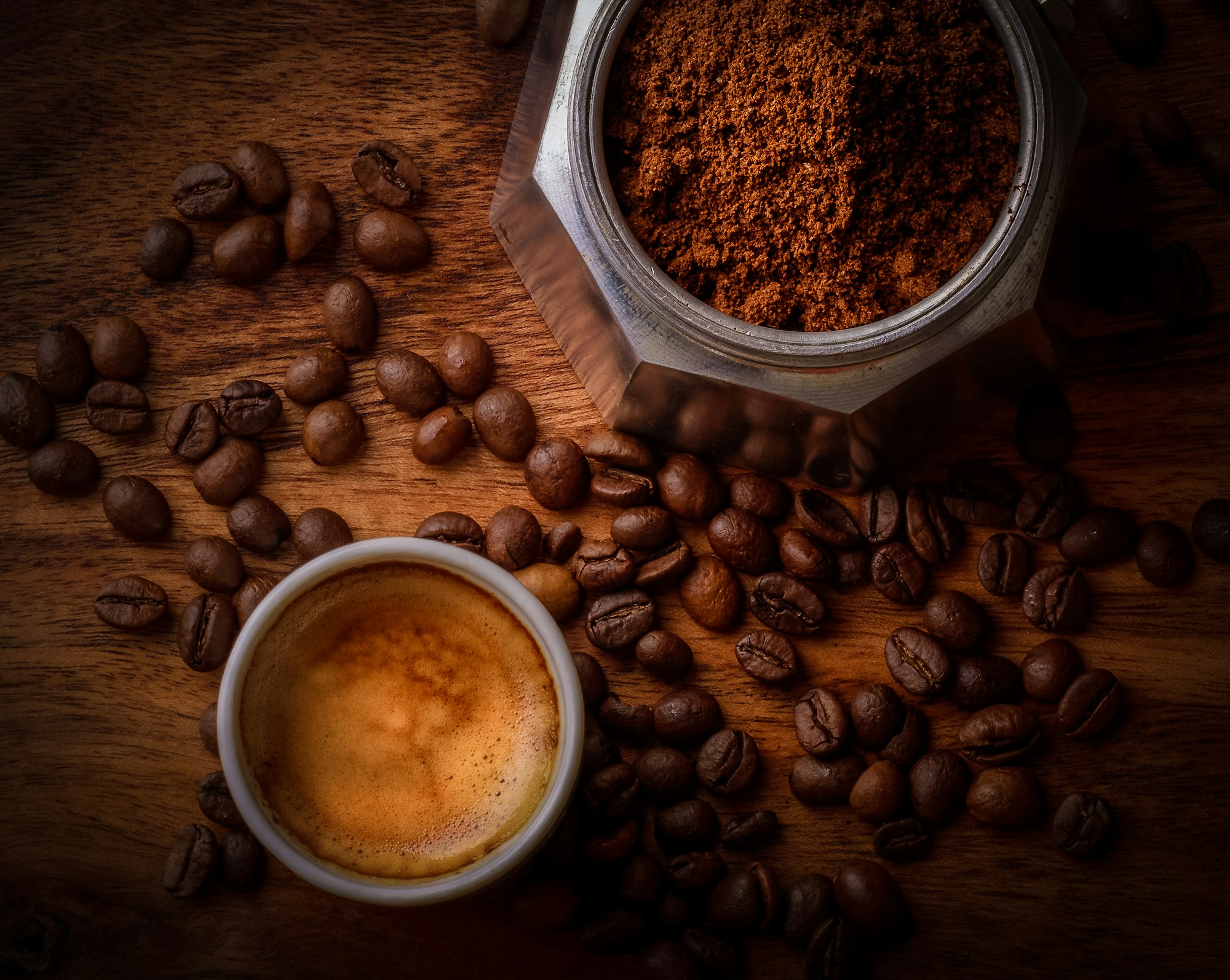
Real Good Coffee Co. is a company that is making waves in the organic coffee industry. They’ve built an impressive reputation for their commitment to producing only the highest quality organic products for customers, and it's easy to see why. With their unique roasting techniques and selection of top-grade beans, Real Good Coffee Co. offers a flavor experience like no other.
Their roast masters are passionate about finding the perfect balance between bitterness and sweetness in all of their blends. From light roasts to espresso roasts, each cup of Real Good Coffee Co.'s coffee is sure to be rich and aromatic with notes of chocolate, nuts, caramel, or whatever else your taste buds desire! Plus, all coffees are made from 100% certified organic Arabica beans so you can rest assured you're getting only the highest quality ingredients every time you brew up a cup.
Lifeboost Coffee
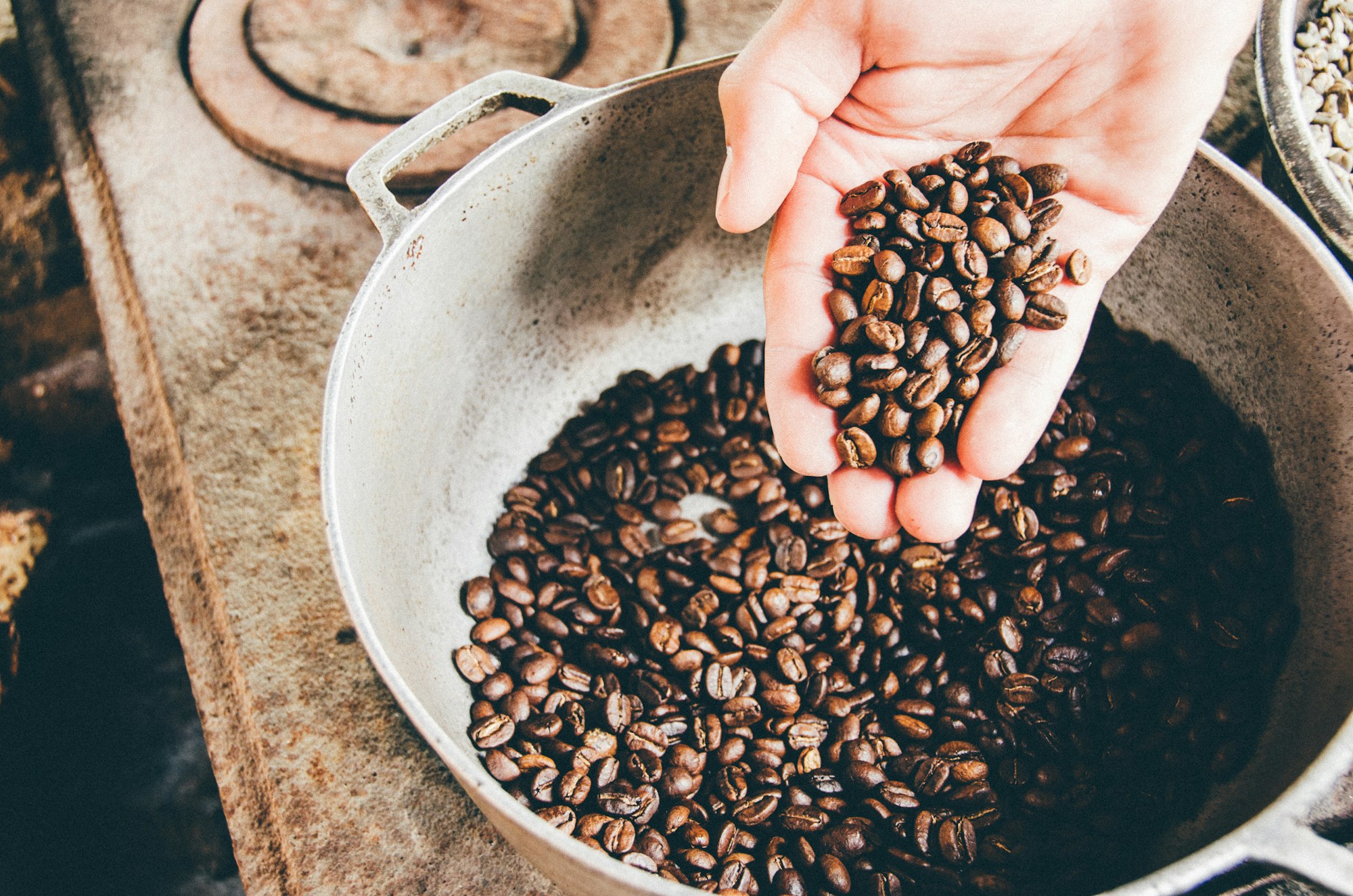
Lifeboost Coffee is quickly becoming one of the most popular and sought-after organic coffee brands in the world. Its unique blend of premium, certified organic Arabica beans from Nicaragua, Colombia, and Guatemala makes it a delightful cup of coffee that can be enjoyed by everyone. Furthermore, Lifeboost Coffee is ethically sourced directly from farmers and their families who are paid fair wages for their hard work.
Lifeboost Coffee offers a variety of options to suit different tastes including light roast, medium roast, dark roast as well as flavored blends such as coconut mocha or pumpkin spice latte. Each bag is freshly roasted and shipped within 24 hours to ensure maximum freshness and flavor. Additionally, every purchase helps support two non-profit organizations that focus on protecting the environment and improving health standards in coffee producing countries around the world.
Equal Exchange Coffee
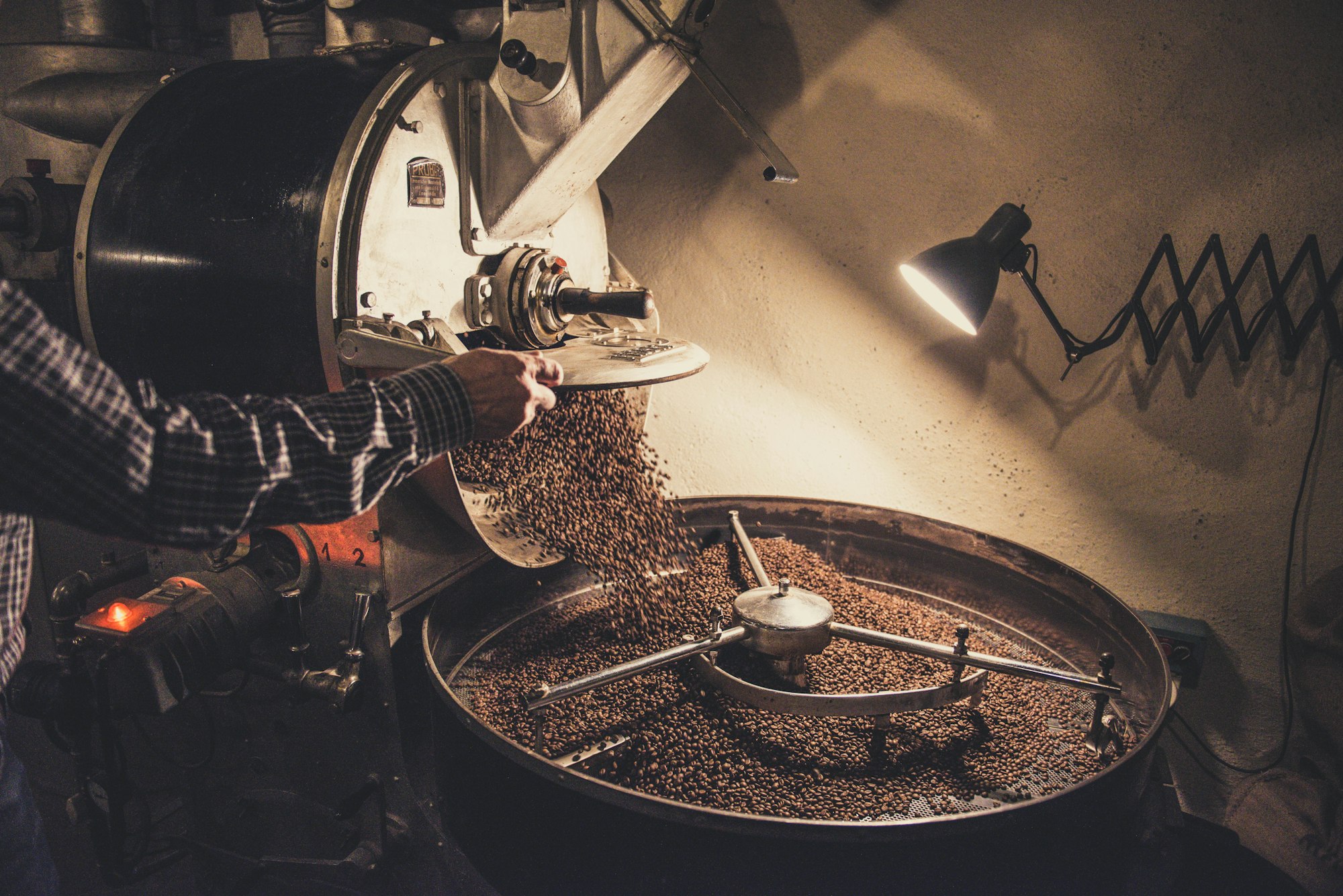
Equal Exchange Coffee has been making organic, fair-trade coffee for over 30 years and continues to be an industry leader. Equal Exchange Coffee sources its beans from small farms around the world, allowing farmers to receive a fair wage for their work. This not only helps ensure that farmers are getting paid a livable wage, but it also means that the beans have been grown in a sustainable manner with respect for both people and nature.
The company takes great care in ensuring that every step of the process is equitable and environmentally friendly — from growing and harvesting to roasting and packaging. They also use 100% certified organic ingredients which have been rigorously tested to ensure quality control measures are met before they can be sold.
Roasting & Brewing Tips
The Best Organic Coffee is fresh, smooth and flavorful. But to get the full depth of flavor from your favorite blend, you need to know how to roast and brew it correctly. Follow these simple tips for a delicious cup every time.
First, when roasting organic coffee beans, it’s important to reach the correct temperature without burning them. This can take some practice! Start by testing different temperatures until you find one that works best for your favorite blend. Second, when brewing your coffee, you should choose a method that best fits the type of roast you have chosen. For light roasted beans try using a pour-over or French press while darker roasts are better with an espresso machine or cold-brewed system.
Making the switch to organic coffee is a great way to ensure that you are drinking a product that is free from pesticides and other potentially harmful chemicals.
Ultimately, when making the switch to organic coffee it’s important to consider factors such as taste preferences and budget before committing to one particular type of product. Organic products tend to cost more than their non-organic counterparts, but this may be justified by the fact that they are grown in a way which helps protect the environment and promote sustainability. Additionally, those who have sensitive stomachs may find that switching to an organic version helps reduce certain digestive issues associated with traditional coffees.
How Much Caffeine is in Coffee?
Coffee is a popular beverage for all sorts of reasons. Not only does it taste good, but it's also packed with energizing caffeine. But just how much caffeine is in coffee?
Organic coffee has been found to contain anywhere between 70-140 mg of caffeine per 8-ounce cup, depending on the type and roast. For example, espresso contains more caffeine than regular brewed coffee due to its concentration and higher temperature during brewing. The lighter roasts tend to have more caffeine because they are roasted at lower temperatures for less time compared to their darker counterparts. I know, that seems counterintuitive doesn't it!
How Much Caffeine Should You Have a Day?
It's no secret that caffeine can be beneficial, especially when it comes to increasing energy levels and improving focus. It's also no surprise that many of us like to enjoy a good cup of organic coffee every now and then. But how much caffeine should you have in your diet each day?
The general consensus among experts is that consuming up to 400 milligrams (mg) of caffeine per day is safe for most adults. However, this does not mean individuals should consume more than 400 mg – in fact, some health professionals suggest aiming for less than this amount. For those who prefer to drink coffee as their main source of caffeine intake, having one or two 8-ounce cups per day is a good starting point.
What Will Happen if I Have Too Much Caffeine?
What happens when you have too much caffeine? Too much caffeine can lead to uncomfortable side effects and even serious health risks in some cases.
The amount of caffeine considered safe for adults is 400mg per day, as sated above, which translates to approximately four cups of brewed coffee. Consuming more than this can cause jitteriness, increased heart rate, and trouble sleeping—all symptoms of "caffeine intoxication". If these symptoms persist for more than two days after consuming too much caffeine, it's important to speak with your doctor about how best to manage them.
When is the Best Time to Stop Drinking Coffee to Sleep Well?
Most of us rely on coffee to get us through a long day, but it can be hard to decide when enough is enough. While organic coffee may have health benefits, overdoing it can lead to sleep deprivation and other negative effects. Understanding the best time to stop drinking coffee for a restful night’s sleep is key for those who want to appreciate their favorite cup of joe without any consequences.
For many people, the recommended cutoff point is between 2pm and 4pm. The stimulating properties of caffeine take effect within 15 minutes of consumption and last up to 6 hours in the body. From this perspective, having coffee after mid-afternoon will make it more difficult to fall asleep at a reasonable hour later in the evening.
What are the Health Benefits of Coffee?
The Best Organic Coffee is not only a delicious beverage, it also offers many health benefits. According to research, drinking coffee can lower the risk of developing certain diseases and may even improve overall health.
Coffee contains compounds such as caffeine, antioxidants and other minerals that have been linked with various health benefits. Caffeine acts as a stimulant, increasing alertness and helping to boost energy levels throughout the day. Additionally, coffee is packed with powerful antioxidants which can help protect cells from damage caused by unstable molecules known as free radicals. Research has even suggested that consuming coffee on a regular basis may reduce the risk of developing type 2 diabetes, Alzheimer's disease and some forms of cancer.
In addition to its physical benefits, studies suggest that drinking coffee may also be beneficial for mental wellbeing; it appears to improve moods and increase concentration levels too!
Are There any Downsides to Drinking Coffee?
As the popularity of organic coffee continues to grow, so does the debate over its health benefits. While some may view drinking coffee as a healthy and enjoyable way to start the day, there are downsides associated with consuming too much caffeine.
Studies have shown that caffeine can raise blood pressure levels and increase anxiety in some individuals. It can also cause disruptions in sleep patterns if consumed too close to bedtime, leading to feelings of fatigue during the day. Additionally, those who drink more than four cups of coffee per day could be at risk for developing heart palpitations or other cardiovascular issues.
For those looking for an alternative to caffeinated beverages, decaffeinated options are available which still provide a great tasting cup of joe (sometimes) without any of these potentially negative side effects.
What is the Best Reason to Switch to Organic Coffee?
Taste: organic coffee stands out above conventionally grown coffees due to its unique flavor profile. Organic beans are harvested using sustainable practices that promote soil fertility and crop rotation, resulting in richer tasting and better smelling brews with nutty overtones and subtle sweetness. Additionally, many people find that organic coffee has a smoother texture than conventional varieties which is an added benefit for those looking for a more enjoyable cup of joe.
What are the Pro's and Con's of Organic Coffee?
Pros:
- Organic coffee is produced without the use of synthetic fertilizers and pesticides, which means it is better for the environment.
- Organic coffee is not processed with chemicals such as bleach or preservatives, so it can be healthier than regular coffee.
- Organic coffee beans are often grown in more sustainable ways, meaning that farmers can help preserve biodiversity and soil health.
- Organic coffee is free of GMOs (genetically modified organisms).
- It has a richer flavor than conventional coffees due to its lack of artificial additives or processing techniques.
Cons:
- Organic coffee tends to be more expensive than conventionally grown coffee because of the extra attention needed to produce it and its limited quantity availability.
- The certification process for organic farming can be costly and time-consuming for farmers and requires extra paperwork to ensure compliance with standards set by governing bodies, such as USDA.

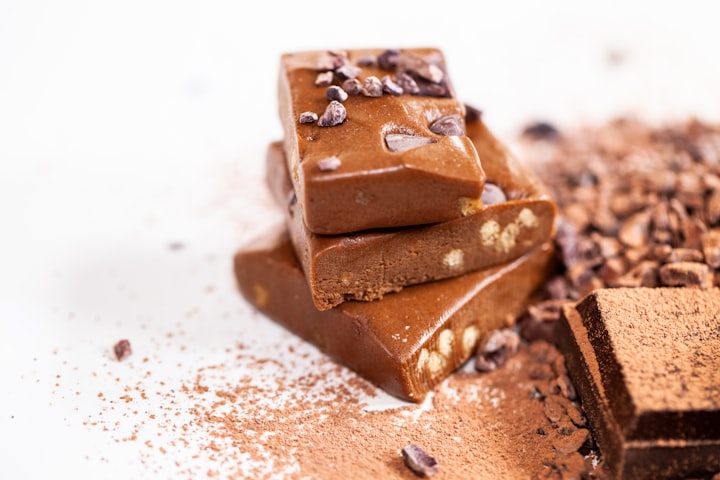
Comments ()